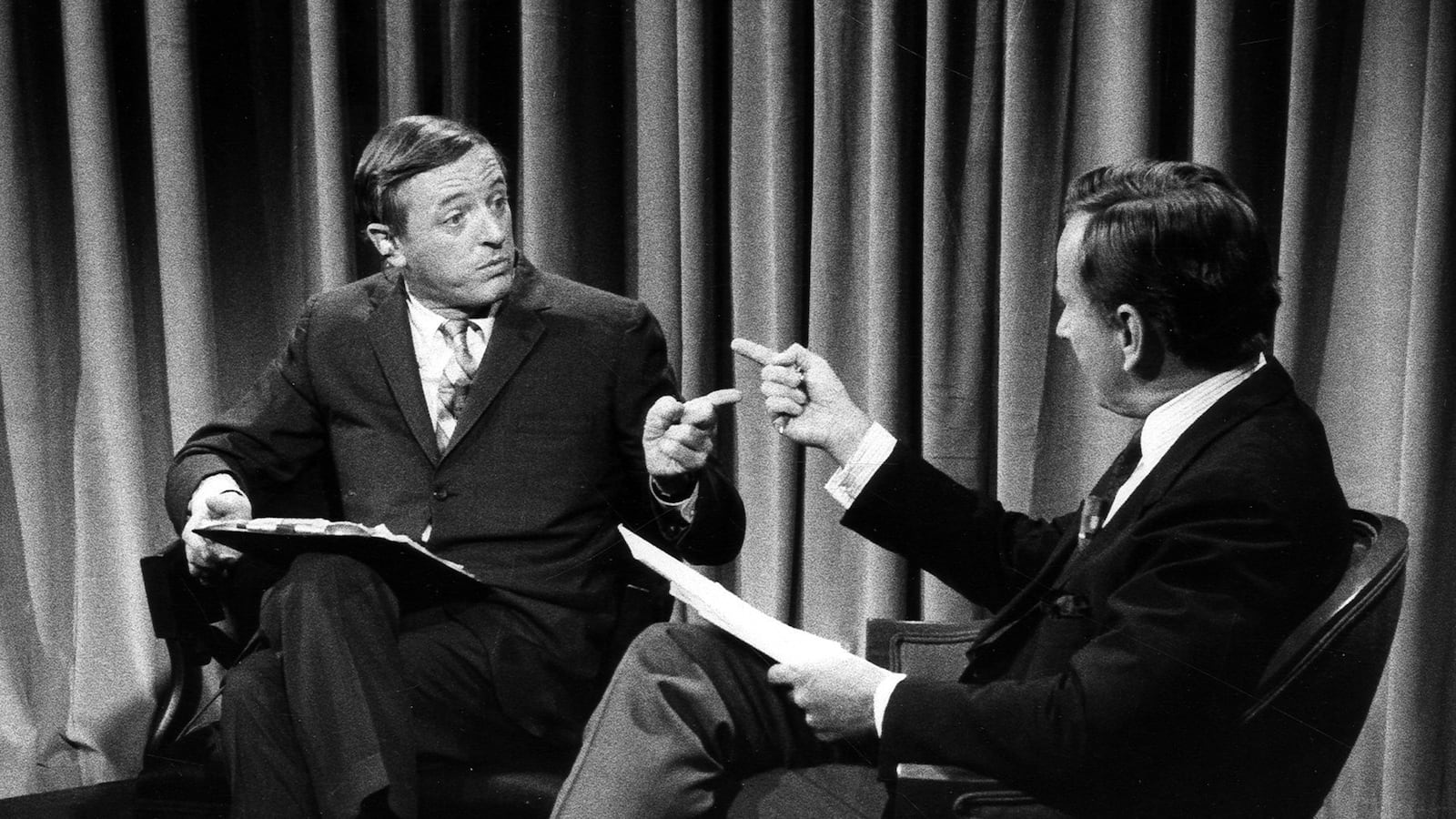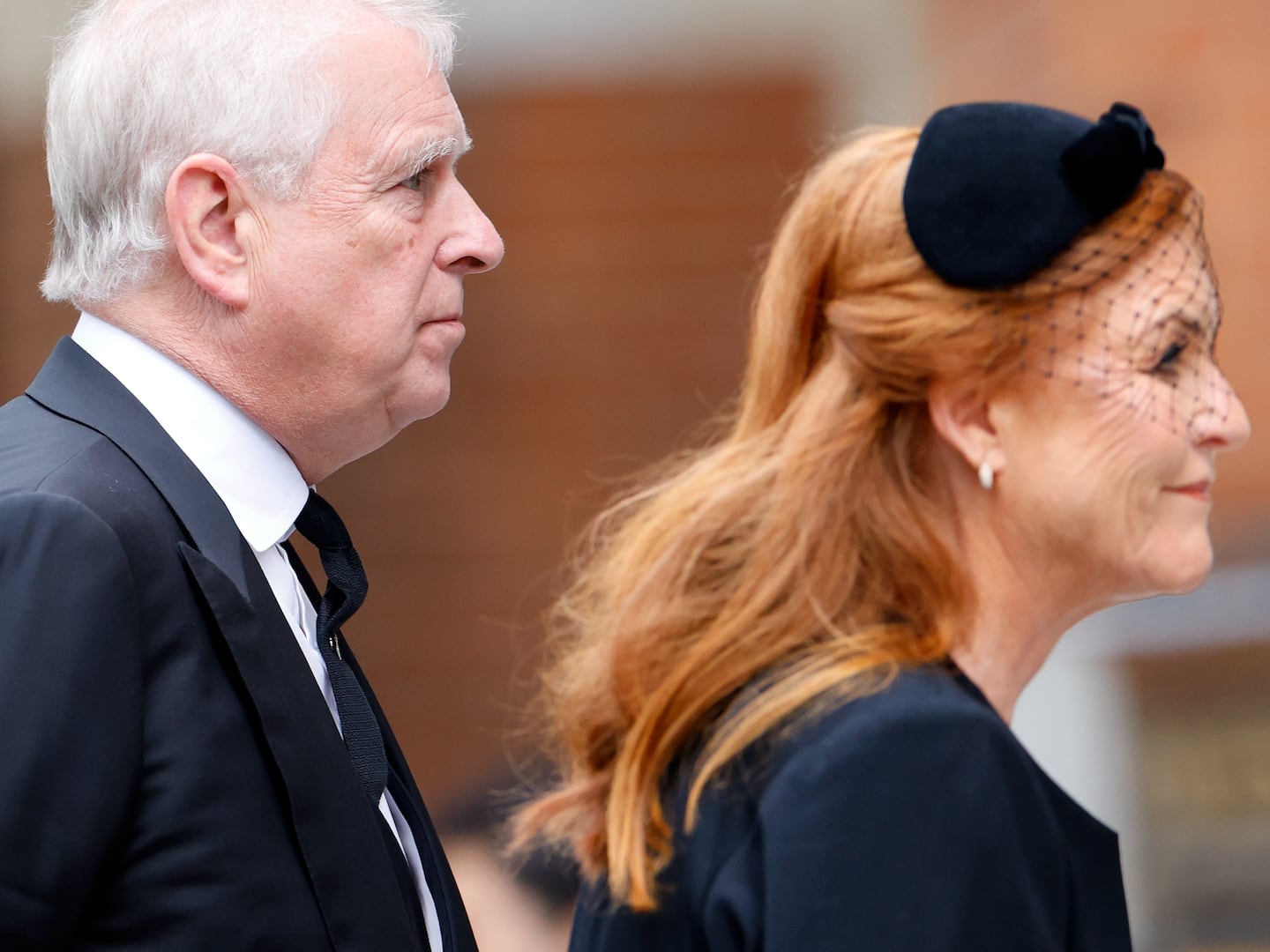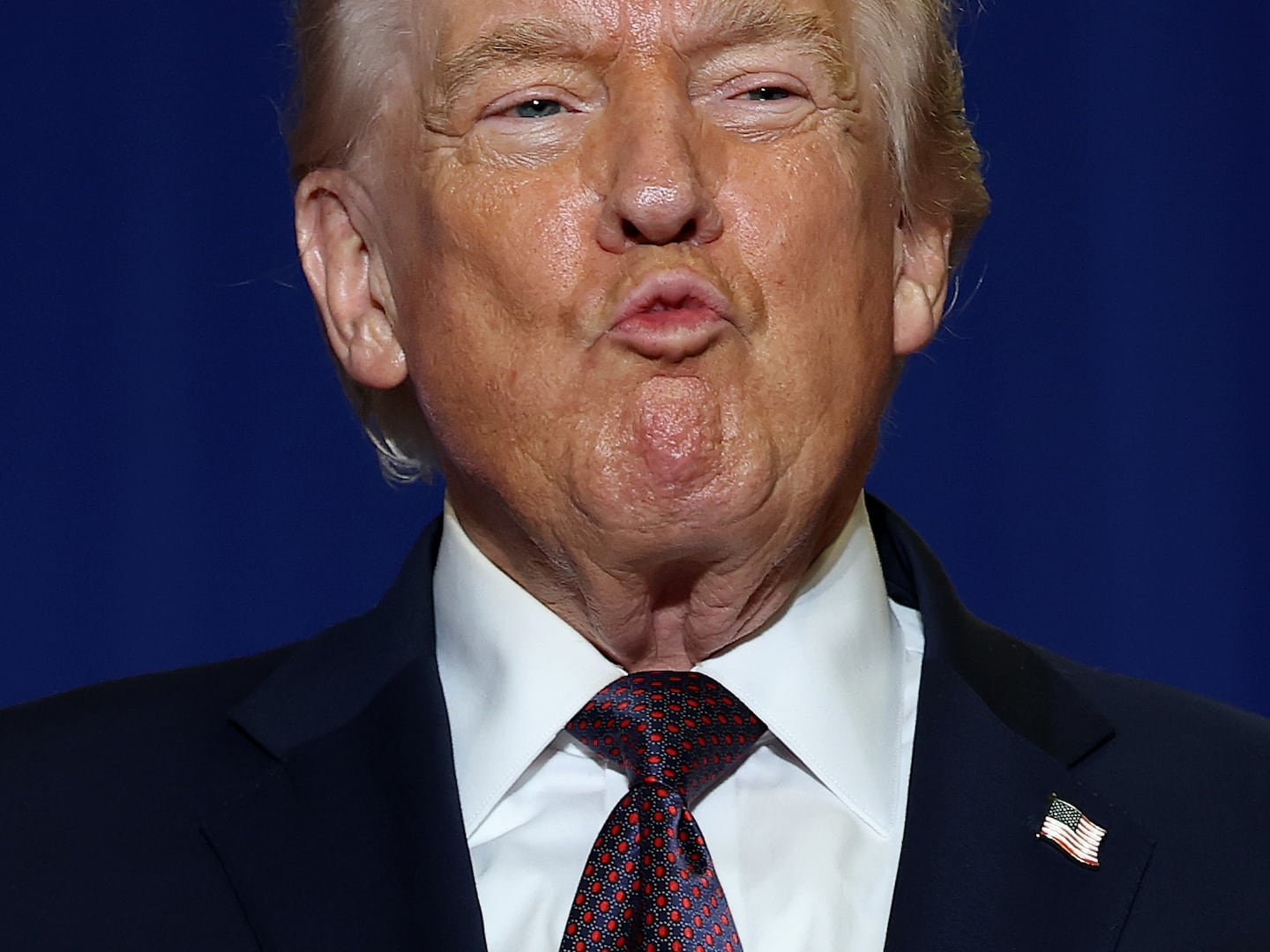The word “pundit” has its origins in an ancient Sanskrit term meaning “knowledge owner.”
Today used to describe the denizens of cable news, who shout over one another no matter what the topic, it denotes not so much studiously acquired expertise than know-it-all smarminess.
Think Bill O’Reilly on the right or Keith Olbermann on the left: loudmouth “wingnuts” famous for their ability to channel partisan rage, not erudition.
The phenomenon of television punditry may largely be attributed to two men, both of whom had already made their names as crafters of the written word.
That is the thesis of a spectacular new documentary, Best of Enemies, which examines the infamous rivalry between William F. Buckley Jr. and Gore Vidal.
The film takes as its centerpiece the series of nightly debates hosted by ABC on the sidelines of the 1968 Republican and Democratic Conventions, when the founder of National Review squared off against the literary star and self-described “biographer” of the United States.
This was an era when national political conventions still mattered, when underhanded deals in proverbial smoke-filled rooms could make or break a presidential ticket.
80% of the country watched television coverage of the national political conventions at that time—less than half that number do so today.
The Buckley-Vidal exchange earned a place in television cultural history on the second to last night of the Democratic convention in Chicago, when, annoyed at Buckley’s defense of the strong-arm tactics deployed by Mayor Richard Daley’s police against anti-Vietnam War protestors, Vidal called the conservative magazine editor a “crypto-Nazi.”
To this, Buckley threatened physical violence, but not before remarking that the author of the best-selling gender-bending novel Myra Breckinridge, which he had earlier ridiculed as “pornographic,” was a “queer.”
Aficionados of American political history and lovers of literary feuds are well acquainted with this incident.
What makes Best of Enemies so captivating and fresh is how it contextualizes the exchange within the hothouse political and social environment of the late 1960’s, consigning it a rightful role as a significant cultural moment that would forever change the television medium, though not necessarily for the better.
Using extensive archival footage and interviews with friends, family and biographers, filmmakers Robert Gordon and Morgan Neville contend that American political debate was forever shaped by the verbal jousting of these two legendary figures.
In signing Buckley and Vidal, ABC News was hoping for fireworks. The network’s ratings were in the doldrums; it could claim the star power neither of NBC (whose flagship Huntley-Brinkley Report led the airwaves) or CBS (where Walter Cronkite ruled the roost).
One of the film’s interviewees jokes that ABC would have been in fourth place were there not only three networks, while the critic Frank Rich remarks that a sure fire way to end the Vietnam War would have been to put it on ABC, where cancellation was inevitable.
The pitiable state of the network was actualized when its ramshackle set at the Republican convention in Miami collapsed.
Though their politics could not have been more different, Buckley and Vidal shared many similarities.
They were both members of the northeastern upper class, spoke with mid-Atlantic patrician dialects accented by pseudo-British lilts, and were elitists through and through.
Though both chose writing as their vocation, they also dabbled in politics: Vidal ran for Congress in upstate New York and Buckley for Mayor of New York City.
They were also impossibly well read and casually talked in the sort of articulate paragraphs that comprised their written works. This was a great paradox of their television performance: Here were two aristocrats, wildly popular with the masses in a decidedly anti-intellectual country.
In the film, Columbia University media studies professor Todd Gitlin dismisses Buckley as a man who “didn’t believe in democracy,” which isn’t really fair.
Buckley famously remarked that he’d rather be ruled by the first 2,000 names in the Boston phonebook than the 2,000 faculty members of Harvard University: this was an attitude that shaped his broader political outlook.
In retrospect, Buckley’s populist campaign for mayor in 1965 against the patrician liberal Republican John Lindsay (in which he presented a Giuliani-esque campaign platform of defending the NYPD), was more than just a quixotic foray into the low business of electioneering.
It presaged the law-and-order themes Richard Nixon would trumpet on his way to victory just three years later, and has echoes today in conservative arguments about police brutality.
The film doesn’t make this point, but watching Buckley and Vidal spar against one another it’s clear from the outset that neither man was particularly interested in the actual business going on inside the convention halls (the ostensible reason for their being there in the first place).
Indeed, the sausage-making of the major political parties, not to mention the greater societal cleavages then tearing the country apart, were but mere details, talking points to be opportunistically seized upon for the ultimate purpose of hurling insults.
Once the duo trekked to Chicago, the rhetorical violence on set became an analogue to the physical violence outside, as the Chicago police cracked heads in Grant Park.
Buckley’s defense of the police led Vidal to make the remark that would provoke the former’s uncharacteristically intemperate tirade. After calling Buckley a “crypto-Nazi,” the conservative magazine editor replied, “Now listen, you queer, stop calling me a crypto-Nazi or I’ll sock you in you goddamn face and you’ll stay plastered.”
Perhaps ABC should have known better. The men had been attacking each other in print for years, and their mutual distaste was plain the moment they sat down on opposite sides, evident in the way “Breckinridge” slipped off Buckley’s tongue like slimy expectorant.
Vidal, meanwhile, hired a researcher beforehand to pore through Buckley’s voluminous writings for reactionary tidbits to use against him.
The battle continued long after the cameras stopped filming.
Both men wrote essays for Esquire about the encounter, and Buckley sued Vidal for the latter’s insinuation that he was a closeted homosexual.
Best of Enemies reveals that, however outwardly confident they might have seemed in their contemptuous swagger, both Buckley and Vidal were forever haunted by the experience.
For Buckley, it was losing his cool, something that he had never done before nor would ever do again, as evidenced by the 33-year run of his chat show Firing Line, where he interviewed a wide variety of lefties (Alan Ginsberg, Noam Chomsky, Norman Mailer, to name a few) without ever once evincing a short temper.
Unlike Vidal, Buckley was not a name-caller; hatred did not come naturally to him.
The reasons for Vidal’s preoccupation with the affair are more opaque. Vidal’s friend Matt Tyrnauer remarks that “he talked about it every day,” and recalls a painful experience in which Vidal subjected him to spending an entire evening watching the debates on video, abjuring the pithy advice of that other queer playwright, Nöel Coward, who famously said that “television is for appearing on, not for looking at.”
The cause of Vidal’s obsession may have lied in his (perhaps paranoid) fear of Buckley’s ability to blackmail, an aspect of the affair that the film doesn’t explore.
“Gore was terrified” that “material Buckley had on him would come out,” Vidal’s half-sister Nina Straight told the Daily Beast’s Tim Teeman, author of In Bed with Gore Vidal: Hustlers, Hollywood and the Private World of an American Master.
“It had to do with sex, it was definitely more detailed than calling Gore a fag…I can guess what they are. Jerry Sandusky acts,” she said, alluding to the former Penn State football coach alleged to have molested dozens of boys over a decades-long career.
An unpleasant residue of the Buckley-Vidal dispute is that this pinnacle of erudite (however nasty) televised debate, would, far from fostering a greater appreciation for the highbrow, instead spur the popularity of the lowbrow.
Gordon and Neville argue that a direct line runs from that famous 1968 encounter to the proliferation of television punditry, executives having realized the profitability of two people quarreling with one another.
As former NBC News president Richard Wald says in the film, “argument is sugar and the rest of us are flies.”
Best of Enemies is released in theaters on July 31.






